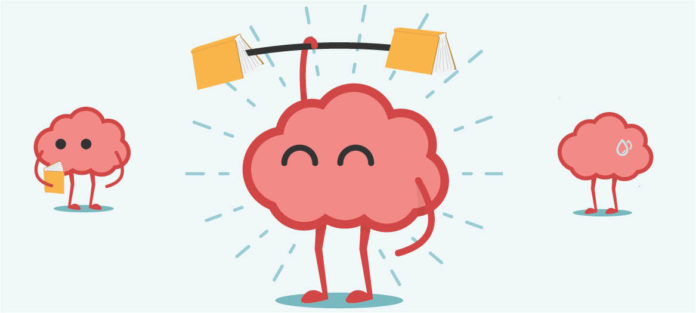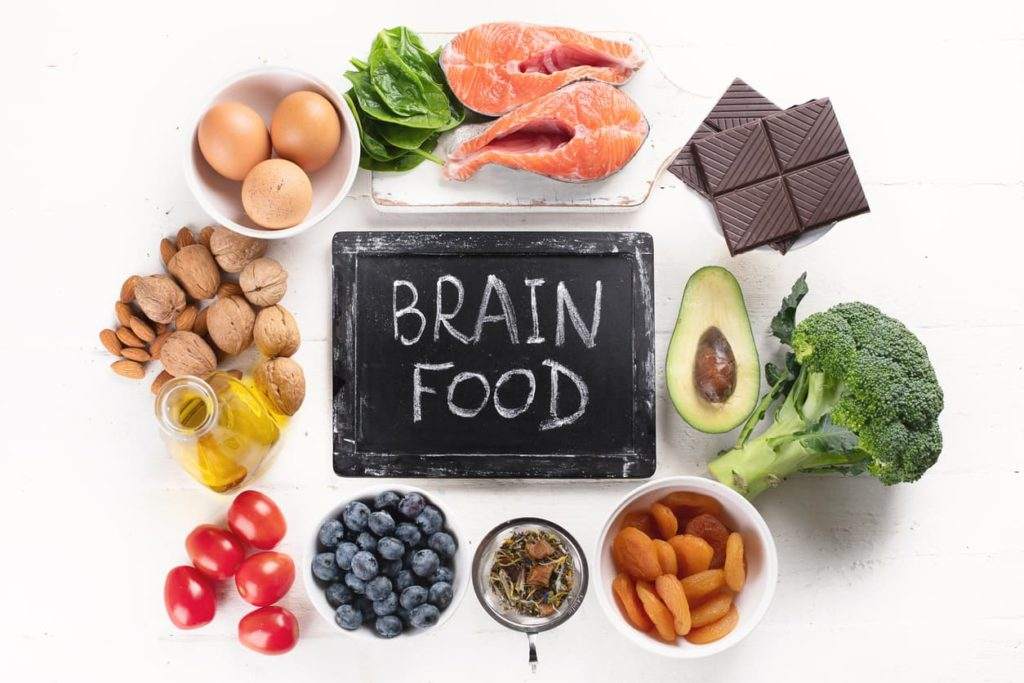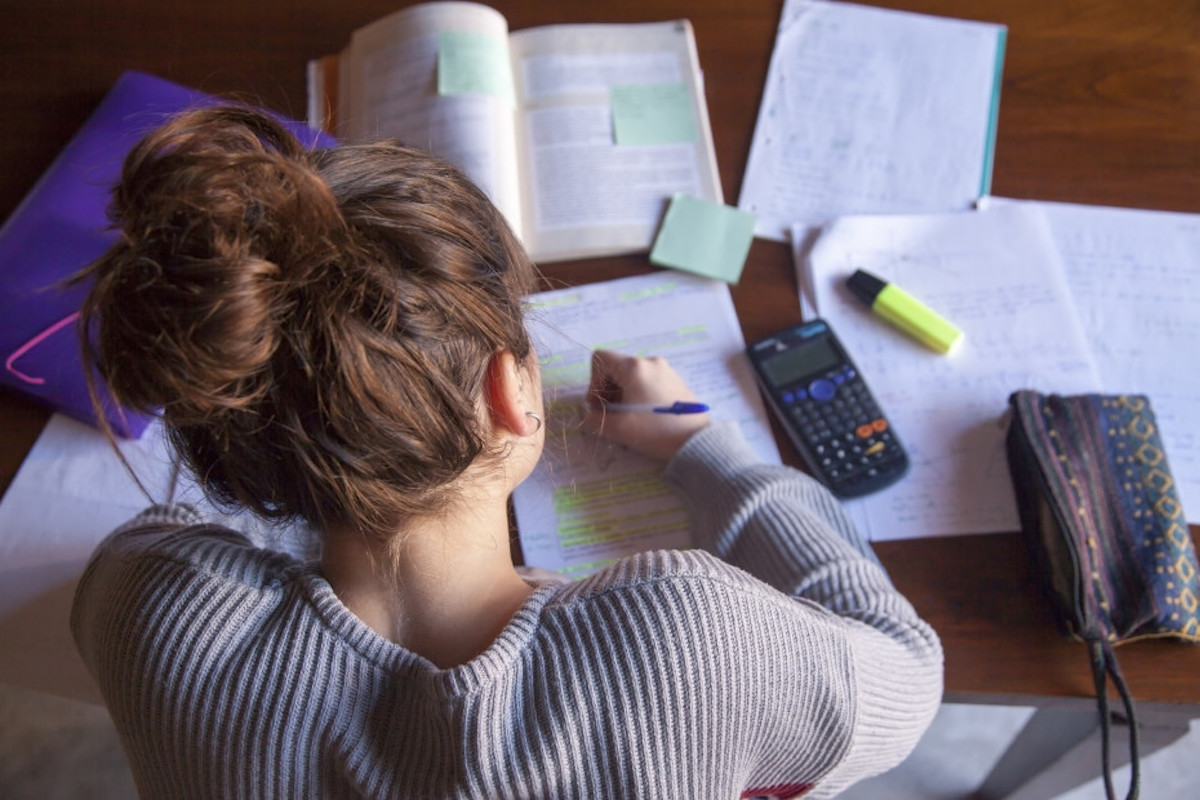Tests and quizzes can be stressful and overwhelming, just ask any student. Although we often succumb to the pressure and importance of them, there are things we can do to help us succeed. The right study process, environment, foods, sleep schedule, work ethic, and mindset can make a huge difference in test outcomes. Here are 6 helpful tips to ensure a healthy study preparation and set you up for success.
Remove distractions
Move aside that phone and put yourself in a non-populated area. If you’re studying in a public place like a café or library, make sure you choose one that isn’t too busy and a quiet spot to set up. If it helps, you can even put in some headphones and listen to subtle, instrumental music to drown out the world. Also, be sure to put your phone on silent and put it out of sight; like in your bag or pocket. This way, when your eyes wander or you decide to take a quick break, your mind won’t immediately focus on your phone.
If you’re studying in your home make sure that your family or whoever you live with isn’t being too loud or distracting. If they are, close your door and remind them that you’re studying. And again, put your phone out of sight. Across the room or even in a different one, depending on how distracted you may get.
Create a healthy study environment
Choose one place to do all your studying. Whether that’s your own desk at home, in a coffee shop, a library, or somewhere else, it doesn’t matter. Just stick to the same one. This trains your brain into getting into “study mode” faster, which will create a more impactful study experience.
Lighting is key. If you’re studying in the daytime, open your blinds to let some natural light in. This puts your mind more at ease while studying and can improve your attitude during it. If you’re studying at night or after the sun goes down, be sure to turn on your light. This might sound like it goes without saying, but luminesce is vital when creating an effective study space.
Make your study environment strictly your study environment. If you relax, watch Netflix, read, scroll through TikTok, or do anything else besides studying/homework in your study space, it can trick your brain into thinking that this isn’t just a place to study. Once you allow your mind to associate your place with studying, it will create a healthy mindset where you can quickly get into “study mode”, and get out of it just as easily.

Repetition is key
A big part of studying is memorization. Whether it’s an algebraic method or physics rules, one of the best ways to memorize something is to simply repeat it. So, from the moment you learn something, don’t just forget about it. This creates long-term memory and is a very efficient and effective way to learn things.
Get your rest
First, set a time that you’re going to get to bed. If you have to get up at a certain time (which, if you’re taking a test you probably do), count back eight to ten hours and add about half an hour or more, depending on how long it takes you to actually fall asleep. This will ensure that you get everything done that you need to and don’t run out of time or question when you need to go to bed.
Get the right amount of hours. For thirteen through eighteen-year-olds, it is recommended that we get eight to ten hours of sleep. Not getting enough sleep puts you at risk for poor mental health, a lower attention span, and even injuries.
Limit sleep-killers, like caffeine and screens. Don’t have caffeinated coffee, soda, or tea past 3:00 pm. It will ruin your sleep schedule and although you may not feel the effects, you might not go into a full R.E.M. cycle or you may have trouble falling asleep. I’m sure you’ve heard it, but screens before bed will have very negative effects on your sleep and the quality of it. The blue light in your phone impacts your body’s internal clock and slows down the release of the sleep hormone, melatonin.

Eat foods that your brain likes
There are certain foods that promote brain function which will help with the effectiveness of studying and good outcomes when you’re test-taking. Berries are high in compounds that increase blood flow to the brain which improves your mental performance. Citrus fruits contain compounds that help with learning and memory. Dark chocolate and cocoa products have the highest amount of flavonoid content which protects nerve cells from injury and neurotoxins and even encourages memory, learning, and cognitive function. Nuts, eggs, avocado, and fish also positively affect brain health.
Test-taking mindfulness
It’s important to be in the right mindset before taking a test. Many people grow anxious and stressed before a test, understandably so. Meditation will help you to clear your mind and calm your emotions. It doesn’t have to be full-on yoga, but just some helpful breathing exercises or stretches will do the trick.
Taking a break from technology will also help your mindset. When you’re bombarded by social media, stressful news, and countless notifications, your mind can become overwhelmed and negatively distracted. Instead of scrolling through Instagram, talk to your sibling or parent, pet your dog or cat, read a book or magazine, or anything else that helps you unwind (besides your phone).
Self-motivation does wonders. I know it sounds kind of typical and pointless, but some positive mantras can really work for some people. Just tell yourself phrases like “I can”, “I will do my best”, “I’m prepared”, and “I’ve got this” to really motivate and reassure your mind that you can do it.
Unfortunately, just acting on these tips won’t do the trick. In order to really get that A and become a successful student, it’s vital to do the work and devote your time to studying and homework. Hopefully, though, these tips will lead you on the right path and make it much easier to have beneficial study sessions for the rest of your educational career.
